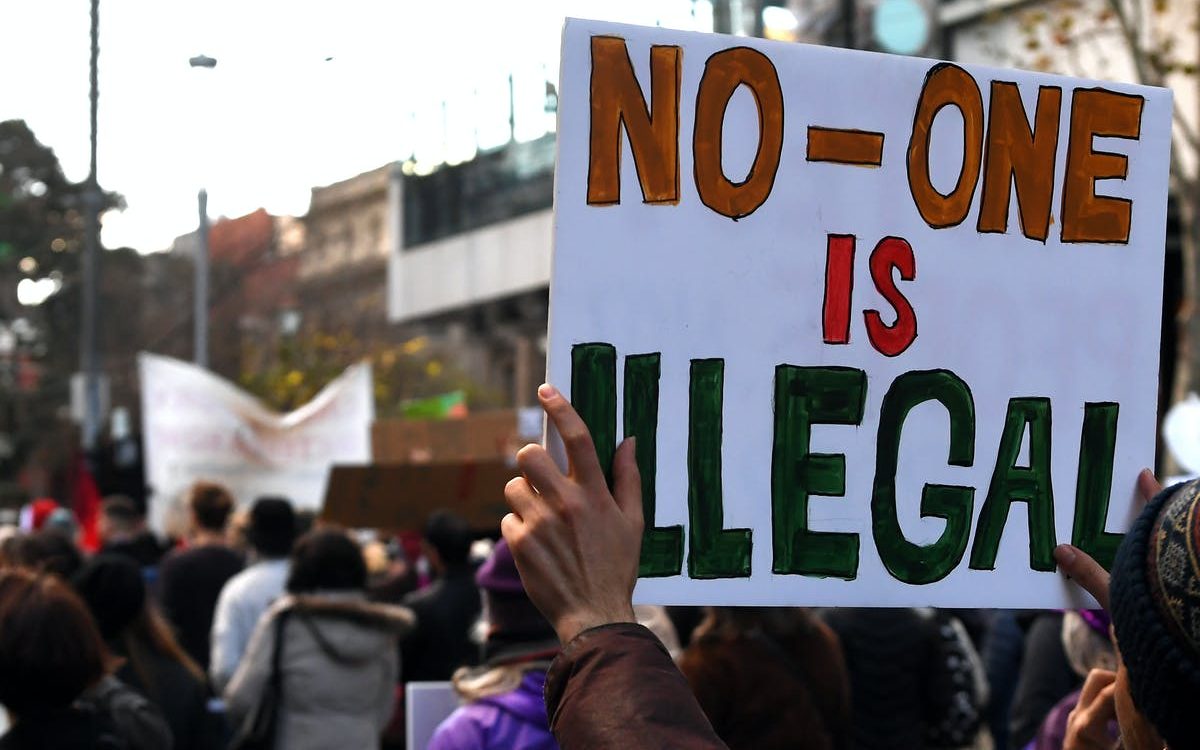Are you planning to apply for asylum in Germany? Here’s what you need to do to make sure you have all the requirements to know how to go about applying for asylum in Germany:

A person may lose their right to obtain protection from the German state in accordance with the asylum law due to his inability to convince the Refugee Service of his eligibility for asylum. This is either due to the loss of evidence or due to insufficient evidence.
Accordingly, a decision may be issued rejecting the asylum application and deportation to the mother country or to any other country carried out. Also, the asylum application could be rejected without the ability to implement the rejection decision, due to the lack of documents proving his belonging to the country of which he declared his nationality.
When the application for asylum is rejected
When an application for asylum is rejected by the Immigration and Refugees Office, the Administrative Court and the Supreme Court, the hope of staying in Germany remains on obtaining a document i.e. a stay of deportation (Duldung).
This document is related to the health, familial, and professional status of the person who has been deported, and sometimes the owner of this document cannot acquire any work under it – except under certain conditions.
In this case, some people can benefit from church asylum or refer the asylum provider to the Difficult Cases Centre to help them obtain any type of residency. Here are a few ways of going about this:
Subsequent asylum application – Asylum follow-up application
It is worth noting that this application is submitted not only by people whose applications for asylum have been rejected and deported, but also by persons who have obtained subsidiary protection and who believe that they are entitled to asylum.
If there are new reasons that have not yet been examined in the asylum procedure, or that were not known until after the completion of the asylum procedure, it is necessary to apply for a subsequent asylum.
A change in situation (for example, a change in the political situation in the country of origin that may lead to a new or stronger danger to the person, the outbreak of (civil) war in the country of origin, or a change in personal status.
READ ALSO: Germany: Permanent residence for minors and children born in Germany
What if the person is a student? For example, if the person was a student and applied for asylum and was rejected, and in the meantime, a civil war broke out in their home country, or they were neutral, and then they carried out political activities against the government of their country, and decisions were issued to arrest them, or imprison them- (law 25 Paragraph 3) It is one of the types of residency and not a suspension of deportation.
Subsequent asylum application can also be submitted if the person suffers from an acute wartime trauma that had not been detected before or if he or she has a severe illness that is not curable or curable in the country of origin. A counselings centre or lawyer can offer help and advise to see if your new asylum application is reasonable and beneficial.
Obtaining new evidence:
The new evidence offers only a reason to reopen the case. Here are the most important steps that the subsequent asylum applicant must take before submitting the application:
- Collect evidence:
The person must collect new evidence that proves his right to asylum and it is better to submit it with the application, including copies of arrest warrants or prison decisions, which were not available during the asylum stage, the first pictures of the activities carried out by the person after arriving in Germany or the deterioration of the health condition of the person after the rejection of the decision - To prepare for questioning:
The most important procedures that must be followed by a request for the subsequent asylum provider is to prepare for questioning, so as to be sure of their ability to clarify important points under which the asylum seeker can obtain approval, and this preparation can be available free of charge at the organisations or associations that assist refugees.
READ ALSO: How to get German citizenship for African refugees as they approach their sixth year
The Federal Office examines the application for follow-up in two steps:
First, it checks whether there are reasons to reopen the file.
Second, the Federal Office examines the application and whether it is worthy of obtaining asylum or preventing deportation.
Church asylum:
Church asylum is not linked to a subsequent asylum application. It is another way to obtain church protection or to gain time to prevent deportation or even change the situation. For any type of accommodation.
